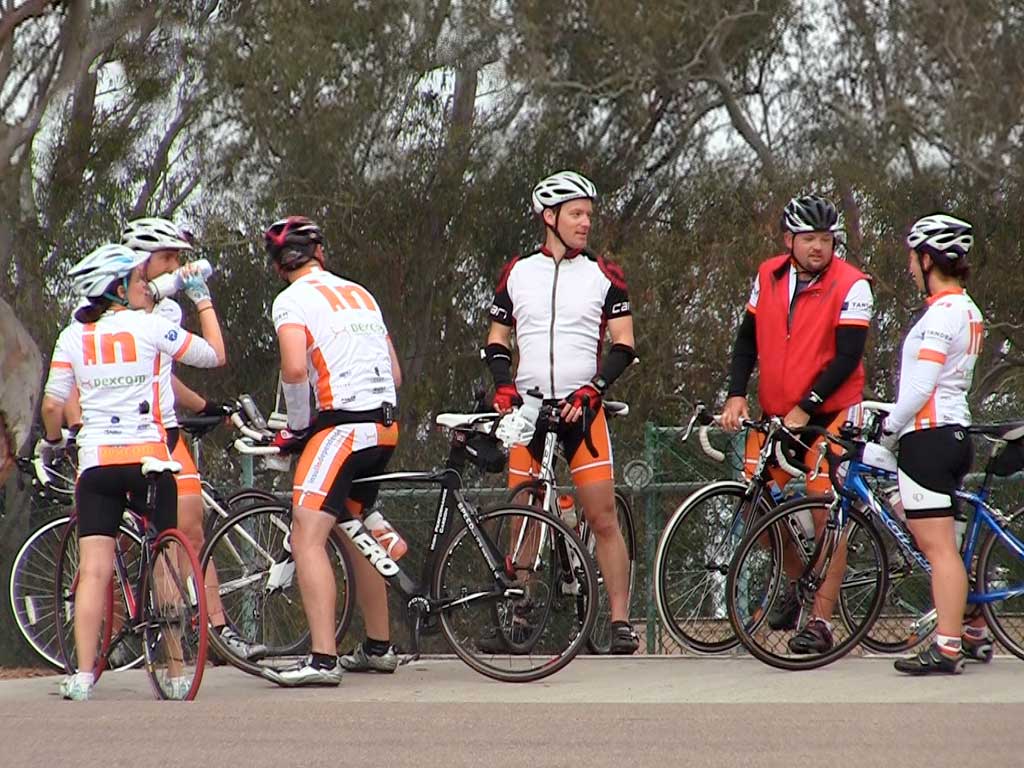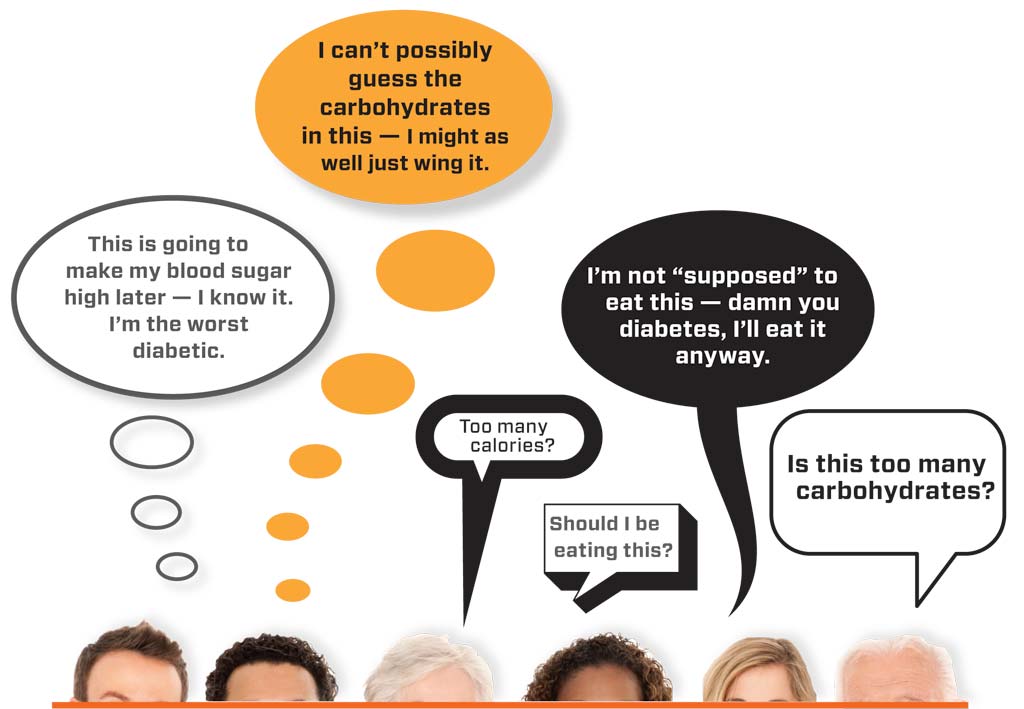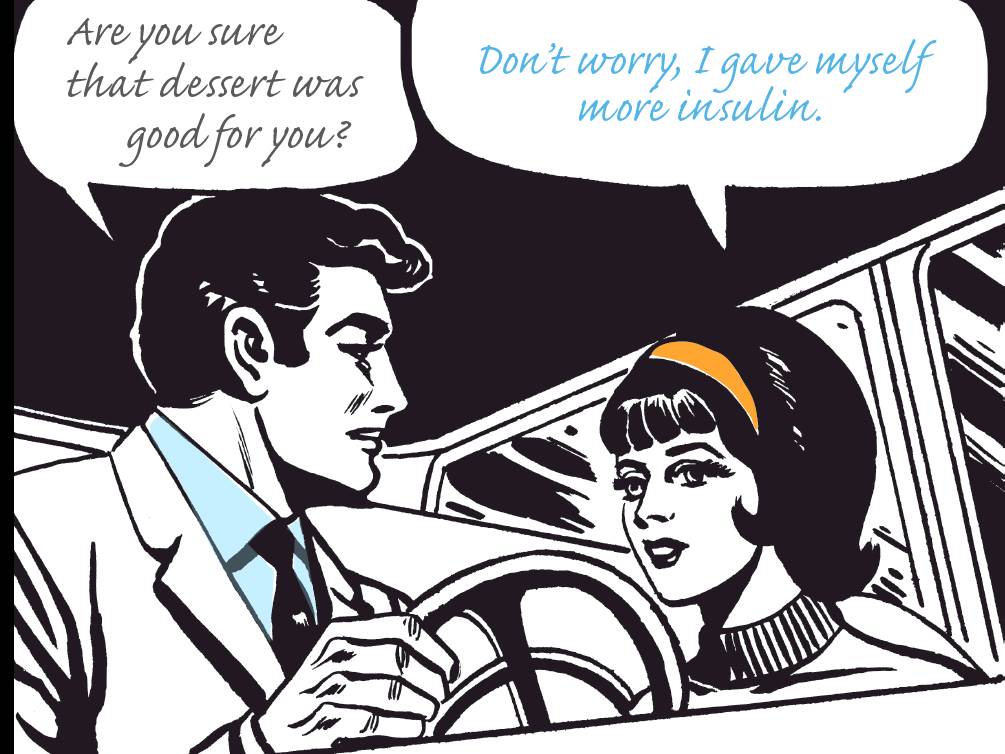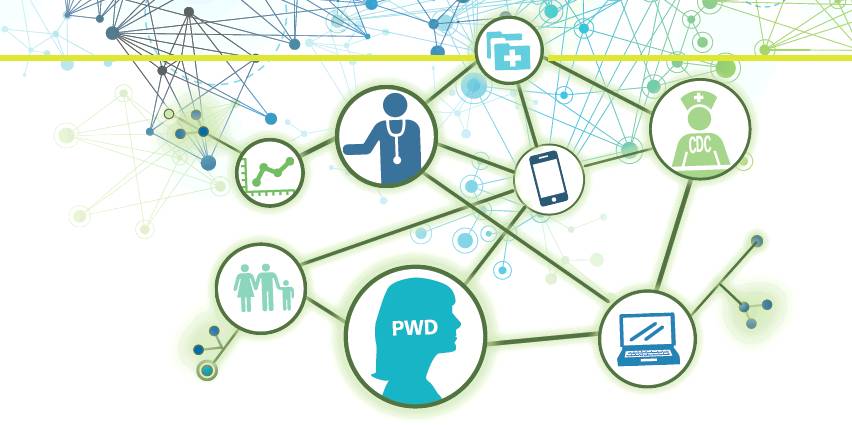Why Aren’t There More People of Color at Diabetes Conferences?
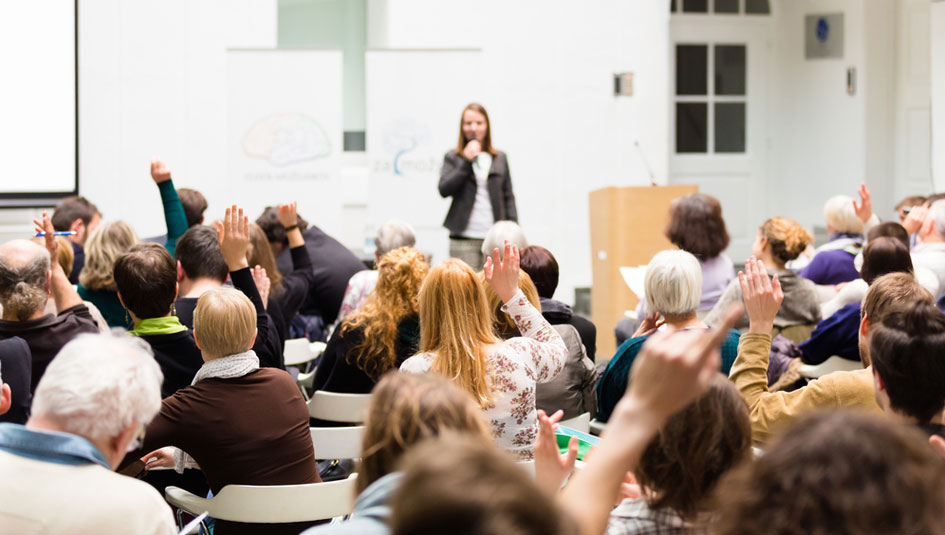
Opinion
I grew up in a small town in Northeast Georgia with a fairly large African American population, but a lot of the things I was interested in wasn’t popular with most of the black kids in my community. As a kid, I was usually the only black kid into something, whether it was band, 4H, or chorus.
I was diagnosed with Type 1 diabetes around 1989 when I was 25 years old. I had all the typical symptoms but didn’t think much of it, since I knew nothing about diabetes. Eventually, my roommate set me up with an appointment with the urologist (you read that right) who diagnosed me.
Back in my day, there was no Meetup or Myspace, and definitely no Facebook, so meeting others who lived with diabetes was pretty much a crapshoot. When I found a group, it turned out to be made up mostly of seniors; as a 25-year-old guy, that was not my idea of a party.
It would be many years before I found groups and organizations that helped people with diabetes connect and support each other. I basically had to wait until I had internet access to find these groups.
By the time I transitioned all my friends from Myspace to Facebook, I had my first insulin pump. I also had my first experience with diabetic retinopathy in one eye. By the time my other eye became damaged, I had begun taking my diabetes more seriously than I had in years past. I tried to learn more about how I could save my vision and my overall health.
Facebook helped me connect with several advocates, and others with diabetes. Through those connections I was able to learn more about the effects of diabetes, not just on how it affects the body, but also on how it affects people socially and economically. That’s when I decided to become an advocate for people who often struggled with obtaining diabetic supplies like I once did.
That decision led me to start attending diabetes conferences and other diabetes-related events. I enjoyed many of them, especially the ones where I could meet all the wonderful advocates I had only known by their Twitter handles.
At first, I hadn’t noticed the small amount of African Americans attending these conferences, or the sparse amount of Hispanics or Asians, either. I became more aware of this as I read about how African Americans are disproportionately affected by diabetes. With such a pressing community health problem, it would make sense if there were more African American advocates at these conferences or panel sessions, but I just haven’t seen it. And I know these folks are out there; I’ve seen many of them online and talked with them.
To be clear, I’ve never felt mistreated at any conference; I’ve always felt welcome, it just concerns me when I see that lack of diversity. Many people might suggest that information is being withheld from the African American community, or that people of color don’t have good access to the conferences. I don’t buy all of that. While some rural areas in the country may not have meetups or events to support diabetes awareness like you can find in larger cities, there’s a vast amount of support and education available on the internet. It’s hard to say the information isn’t there when we’re all carrying computers in our pockets. The problem, in my opinion, stems from something deeper.
My grandmother had Type 2 diabetes, but I never knew about it until I was diagnosed. She actually checked my glucose with her meter when I was sick. She never talked about her diabetes; it was just something she felt she had to cope with by herself. Several other African Americans I grew up with who were diabetic never said anything until I told them about my diabetes. Many African Americans I know don’t talk about what may be hurting them. It’s generational; my grandparents were brought up to not complain, and it got passed down to my parents, and then to me.
Today that mentality needs to be broken. It needs to be broken by helping anyone who feels marginalized to realize that they are a part of a community, and that their needs matter. Also, African American diabetes advocates should work together more to educate our communities better; we have to get back to pulling each other up. All of us who advocate for at-risk communities must work harder at motivating and educating each other about the importance of better diabetes management. We need to speak up so others will speak up.
This story was edited for length.
The photo provided is a stock image, and is not of a specific diabetes conference.
Thanks for reading this Insulin Nation article. Want more Type 1 news? Subscribe here.
Have Type 2 diabetes or know someone who does? Try Type 2 Nation, our sister publication.

